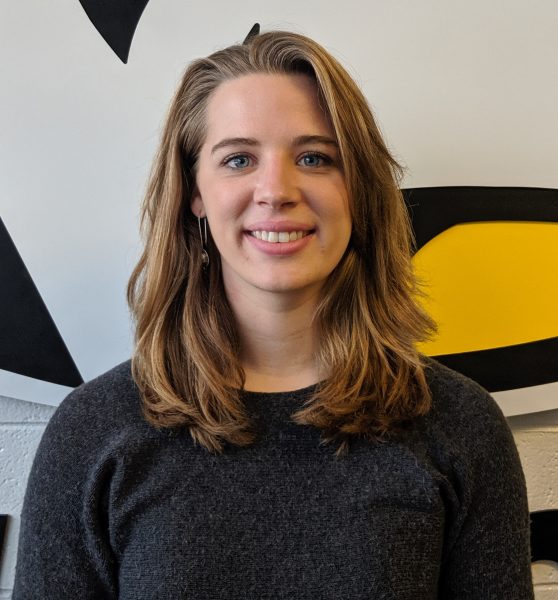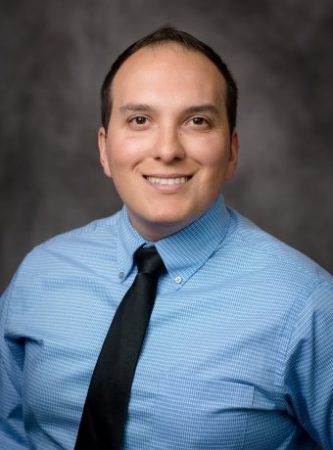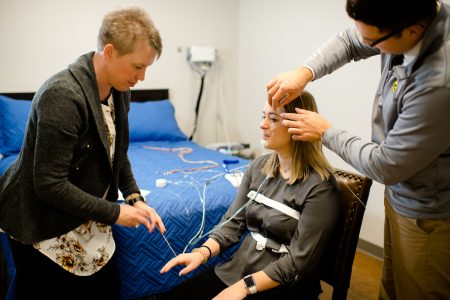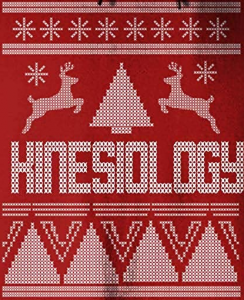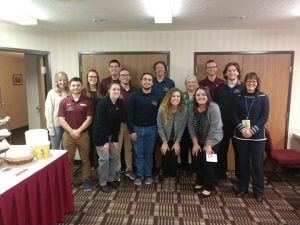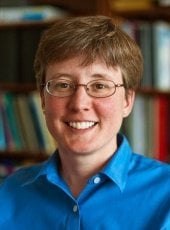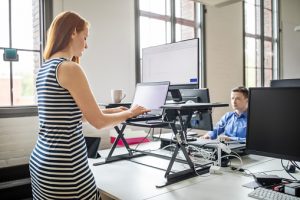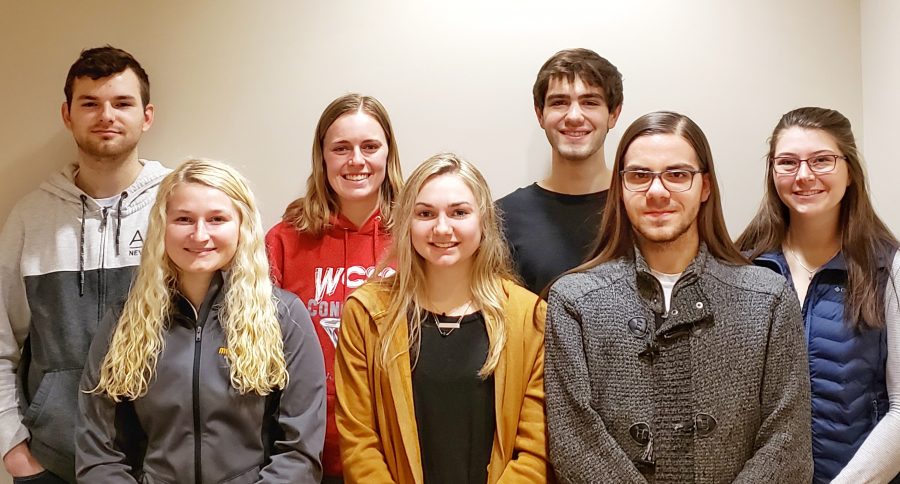
Michigan Tech will be well represented this year at the National Conference on Undergraduate Research (NCUR) at Montana State on March 26th through 28th. These seven students will be presenting their posters or abstracts:
- Jana Hendrickson, Exercise Science
- Sarah Dix, Exercise Science
- Garek Dyzsel, Electrical Engineering
- Tristan Duelge, Exercise Science
- Alex Rondorf, Biological Sciences
- Brennan Vogl, Biomedical Engineering
- Emily Nelson, Biomedical Engineering
